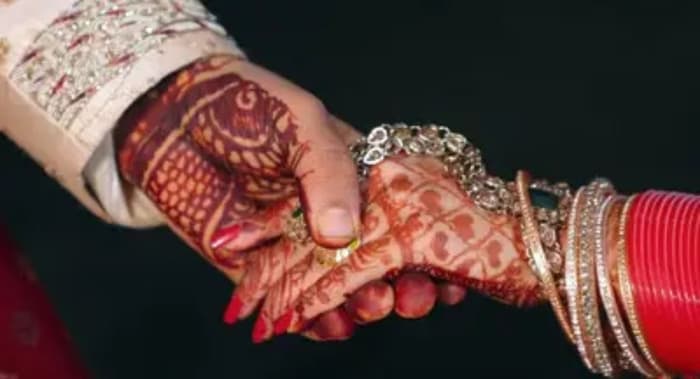What are incestuous ‘sapinda’ marriages, and why has the Delhi High Court reaffirmed the ban on them? (Indian Express)

- 27 Jan 2024
Why is it in the News?
Delhi High Court this week rejected a challenge to the constitutionality of Section 5(v) of the Hindu Marriage Act, 1955 (HMA), which prohibits marriage between two Hindus if they are “sapindas” of each other — “unless the custom or usage governing each of them permits of a marriage between the two”.
What was the Case?
- In 2007, the marriage of a woman was declared void after her husband proved it was a sapinda marriage and she did not come from a community where such marriages were customary.
- This decision was challenged in the Delhi High Court, which dismissed the appeal in October 2023.
- The woman then petitioned the High Court again, challenging the legality of the sapinda marriage ban.
- She claimed that sapinda marriages take place even when there is no evidence of custom.
- As a result, Section 5(v), which prohibits sapinda marriages unless an established custom exists, violates the right to equality guaranteed by Article 14 of the Constitution.
- The petitioner also claimed the marriage had received the consent of both families, demonstrating its legitimacy.
What are Sapinda Marriages?
- A sapinda marriage is one between two people who are related to each other to some extent.
- According to Section 3(f)(ii), “Two persons are said to be sapindas of each other if one is a lineal ascendant of the other within the limits of sapinda relationship, or if they have a common lineal ascendant who is within the limits of sapinda relationship with reference to each of them.”
- According to the Hindu Marriage Act (HMA), on the mother's side, a Hindu person cannot marry anyone within three generations of them in the "line of ascent".
- On the father's side, this prohibition applies to anyone within five generations of the individual.
- This means that on their mother's side, a person cannot marry their sibling (first generation), parents (second generation), grandparents (third generation), or anyone else who shares this ancestry within the three generations.
- On their father's side, this prohibition would apply to their grandparents' grandparents as well as anyone within five generations of this ancestry.
Exceptions to the Prohibition Against Sapinda Marriages?
- The only exception can be found within the same provision.
- An exception arises when the customs of the individuals involved permit sapinda marriages.
- The term "custom" is defined in Section 3(a) of the HMA.
- According to this section, a custom must have been consistently and uniformly practised for an extended period and must have gained sufficient recognition among Hindus in a specific locality, community, or family to be deemed legally binding.
Are Marriages Similar to Sapinda Marriages Allowed in Other Countries?
- In several European countries, the laws on relationships that are considered incestuous are less stringent than in India.
- In France, the crime of incest was abolished under the Penal Code of 1810, so long as the marriage was between consenting adults.
- Portuguese law also does not criminalise incest.
- Under Italian law, incest is a crime only if it causes a “public scandal”.
- In the United States, incestuous marriages are banned in all 50 states, though incestuous relationships between consenting adults are allowed in New Jersey and Rhode Island.
